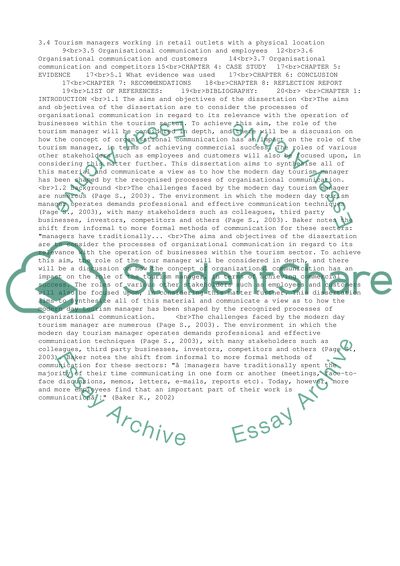Cite this document
(“Organizational Communication and Tourism Dissertation”, n.d.)
Organizational Communication and Tourism Dissertation. Retrieved from https://studentshare.org/business/1532145-organizational-communication-and-tourism
Organizational Communication and Tourism Dissertation. Retrieved from https://studentshare.org/business/1532145-organizational-communication-and-tourism
(Organizational Communication and Tourism Dissertation)
Organizational Communication and Tourism Dissertation. https://studentshare.org/business/1532145-organizational-communication-and-tourism.
Organizational Communication and Tourism Dissertation. https://studentshare.org/business/1532145-organizational-communication-and-tourism.
“Organizational Communication and Tourism Dissertation”, n.d. https://studentshare.org/business/1532145-organizational-communication-and-tourism.


